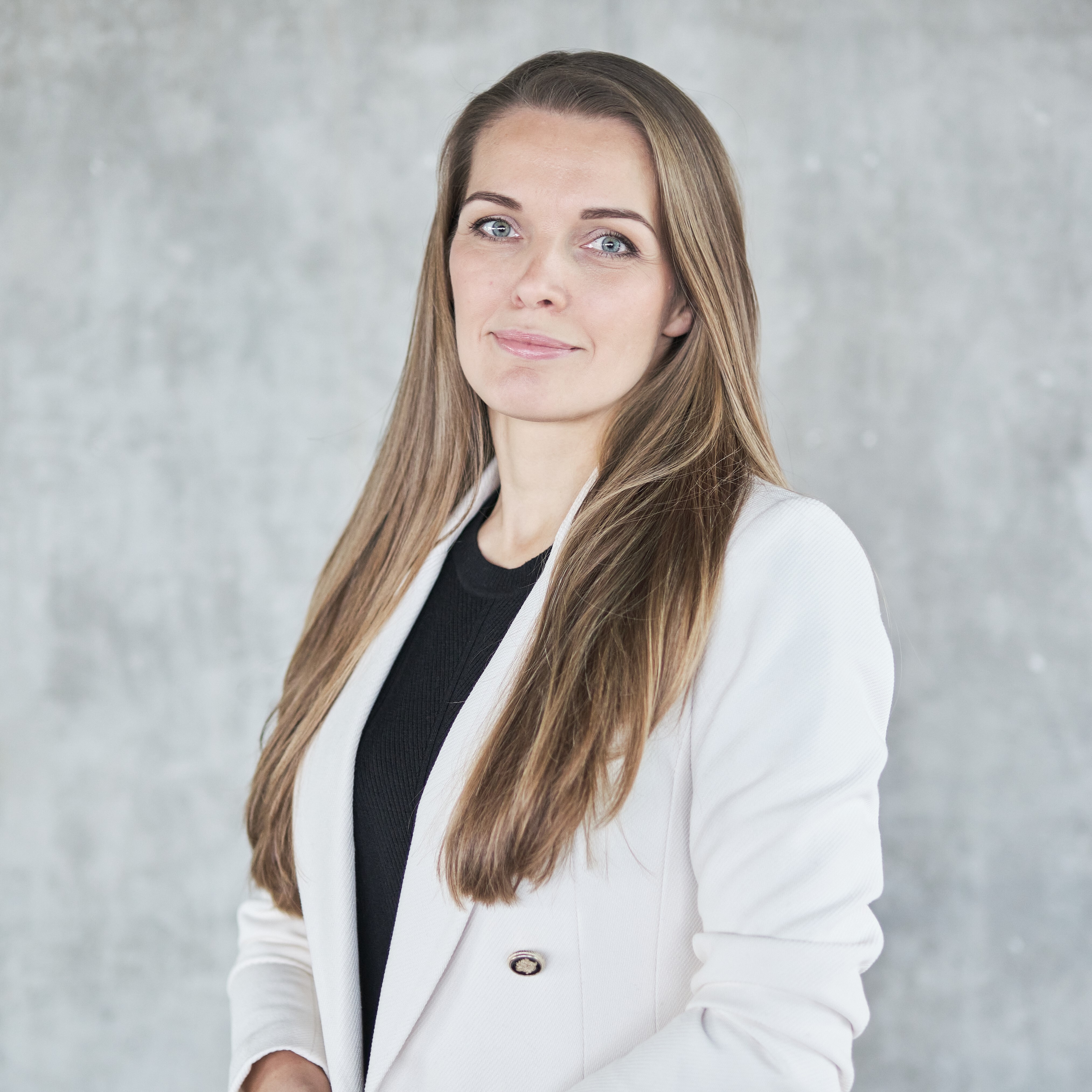
Advice for young people: how to start saving and growing money?
24. april 2024Dealing with your money knowledgeably is like following a healthy lifestyle: it should be started early and dealt with consistently. Even as a student or pupil, when income might not be too high yet, you can plan your finances well and start saving money. Laura Raudsepp, Youth Segment Area Manager at LHV, shares her tips.
1. Get a clear overview of your expenses.
To begin with, it is important to get an overview of your spending – one of the easiest ways to do this is to prepare a monthly budget. It takes some time to record your expenses, but in the end, it gives you a clear picture of where the money is going and where savings could be made.
2. Start saving money from convenience expenses.
You may notice that smaller purchases, such as coffee or taxi rides, make up a fairly large part of the expenses – and at the end of the month, they can make very large sums. It is wise to start saving money specifically at the expense of convenience expenses: for example, cooking at home is much cheaper than frequently eating out, and it is also worth giving preference to public transport or walking on foot over a taxi.
3. Distribute the budget over smaller periods if necessary.
If it seems difficult to save money at first, don’t give up straight away. Try different options: for example, splitting the monthly budget into weekly or daily allowances could help. There is a different method that works for everyone but the most important thing is the desire to save. Create a Peace of Mind Fund for unexpected expenditures, e.g., 3–6 months’ income; always pay yourself first on payday and create confidence that you can count on yourself, even in more difficult times.
4. If necessary, look for ways to earn additional income.
If the costs are already kept to a minimum but it is still difficult to save money, it is worth looking at how you can create an additional source of income – perhaps you have a good skill with which to earn extra money while you work or go to school? It can be a freelance job, a part-time job or a hobby with which you can earn income. Maybe you like dogs and you can walk them as a service? Additional income makes it possible to build up savings faster and achieve your financial goals sooner. Make sure you don’t overburden yourself: work-life balance is important.
5. Put the money in your bank account to earn interest.
Whether you save money for a specific purpose or simply want to increase your financial security – if you want to earn interest on your savings, it makes sense to put them in a savings account, for example. If you know you don’t need to use your savings for a certain period, you can earn slightly higher interest by placing money in a term deposit. This does not mean that you should lock up your savings for a year: the minimum term deposit period is one month.
6. Take a look at your II pension pillar.
Retirement age is something very distant for many, but it is often not known that one of our first investments is the II pension pillar. The II pension pillar is one of the most beneficial long-term investments, the impact of which is greatest when starting to save early. Using the 2 = 6 system of the II pillar, i.e., the 4% contribution by the state, is very reasonable – that is, if you contribute 2% of your salary to the pension pillar, the state will add 4% to it. It is also worth considering increasing your own contributions to 4% or 6% in order to take advantage of the income tax incentive. The small monthly amount will be large in decades and will give you more freedom and security for retirement.
7. Consider opening III pension pillar.
If you want to save even more, one of the easiest and best ways to do so is the III pillar. One of its main advantages is a tax refund that other investment solutions do not have. This means that the state will refund you 20% of income tax on contributions to the III pillar. It means that if you put EUR 100 in the III pillar, you will get a refund of EUR 20 on your tax return next year. You can add money to the III pillar in a suitable amount and use it if you need to. III pillar is also well suited for long-term saving.
8. Familiarise yourself with other investment options.
The investment journey starts with saving and educating yourself. Once you have entered the investment world, it is worth walking around with an open mind: read books and economic news, listen to podcasts on investing, find friends with whom to discuss and exchange ideas on these topics and improve your general knowledge. To start investing requires courage – it is said that an investor is never ready, so at some point, you just have to start experimenting. However, you should invest in things you believe in, what you understand and what you want to keep up with.
9. Start investing today with small amounts.
One of the biggest advantages of investing is starting early. The secret lies in the familiar compound interest of mathematics: your previously earned return is added to your investments and thus generates a return. No matter how much you have prepared, almost all investors make mistakes in the beginning. By starting with small amounts at a young age, however, there is much more room for error – small amounts, small mistakes. This is a natural part of learning, so it is worthwhile starting to invest, even when courage may still be lacking.




